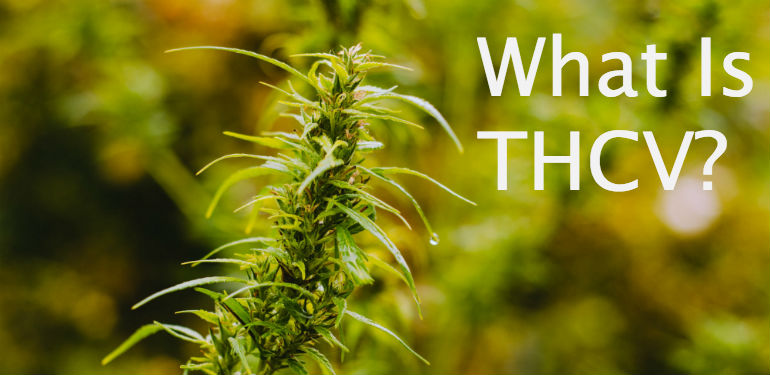Tetrahydrocannabivarin (THCV) is a cannabinoid compound discovered in cannabis and hemp plants. It's chemically comparable to tetrahydrocannabinol (THC) but with some essential differences. Here's whatever you need to understand about THCV consisting of the dangers, advantages, distinctions, and similarities with other kinds of THC and more. What Is THCV? THCV is a less typical cannabinoid found in some stress of marijuana, particularly African sativa.
 THCV: What are the Benefits; Does it Get You High? - Vaping360
THCV: What are the Benefits; Does it Get You High? - Vaping360
 THCV vs THC: What Are the Differences? Articles Analytical Cannabis
THCV vs THC: What Are the Differences? Articles Analytical Cannabis
 What Is THCV (Tetrahydrocannabivarin) And What Does It Do?
What Is THCV (Tetrahydrocannabivarin) And What Does It Do?
THCV has a 3-carbon side chain instead of THC's 5-carbon side chain. This distinction is subtle, however it has a noticeable effect on the result profile. THCV is somewhat psychoactive however only about and about. What Does THCV Feel Like? THCV has a strong energy-boosting component to it, that makes it specifically popular among trainees and athletes.
In the United States, THCV policy is nuanced. THCV is not a Schedule I Drug, however marijuana extracts are making it rather unclear what the federal position is on THCV. The 2018 Farm Bill states that hemp plants and all derivatives of the plants are legal on a federal level, numerous companies comply with this law and still offer THCV to clients by just extracting the compound from hemp plants.
If THCV is considered a THC analog, it could be controlled in the future by the very same rules as THC under the Federal Analog Act. This act specifies that any substance that shares a similar molecular profile as a known prohibited compound it's consisted of in the same drug Set up classification.
What Are the Impacts of THCV? Advocates of THCV report that it produces an extreme burst of energy and makes them feel blissful without the psychological cloudiness brought on by THC. The results are very moderate compared to THC. The effects are almost exclusively cognitive yet somehow have very little effect on headspace.
2. THCV & Appetite Some THCV users declare that it curbs their hunger. This is a common impact of other focus-enhancing compounds as well. It's as though THCV gets rid of the interruption of other bodily processes (like hunger) in order to maintain resources and attention to cognitive tasks instead. How Does THCV Work? Cannabinoids produce biological results in the body by interacting with endocannabinoid receptors.
CB1 receptors are situated in the nervous system and connect with neurotransmitters in the brain to produce mind-altering effects. Interaction with CB1 sites is what gives some cannabinoids like THC their psychoactivity. THCV is a bit difficult to understand since it's mostly a CB1 villain, indicating it has the opposite effect as THC.
While scientists are still seeking to comprehend this procedure, it appears THCV is able to block the effects of CB1 in low doses and stimulate them in high dosages. CB2 receptors are discovered primarily in the immune system. THCV is a partial agonist of CB2, but the effects of this partial activity aren't popular, and it apparently has no noticeable impact on THCV users' experience.
As mentioned in the previous area, THCV is a CB1 villain in low doses which is the exact opposite effect of delta 8 and delta 9 THC. This could imply that THCV combats a few of the psychedelic effects of THC. This result could discuss why people who utilize THCV feel so clear-headed specifically compared to the well-known "fogginess" induced by delta 9 THC.